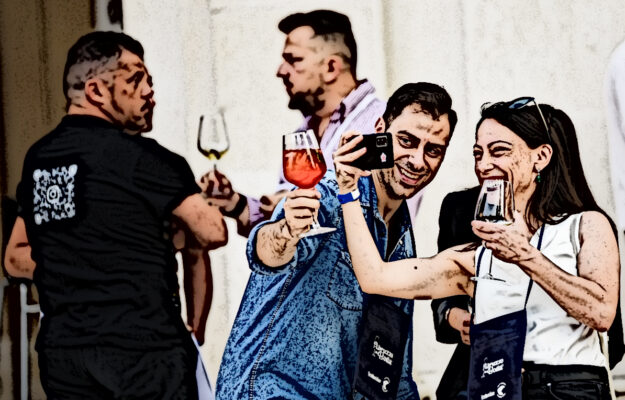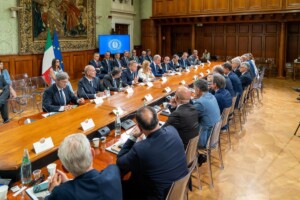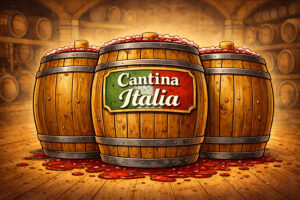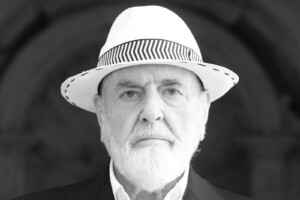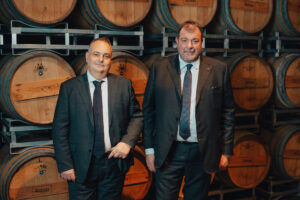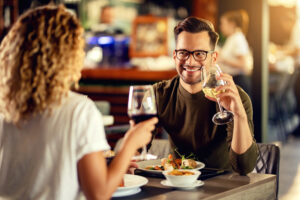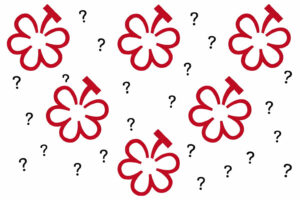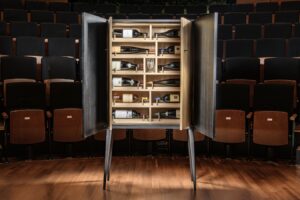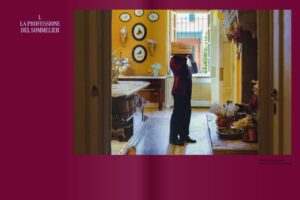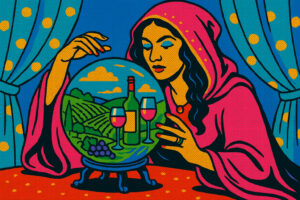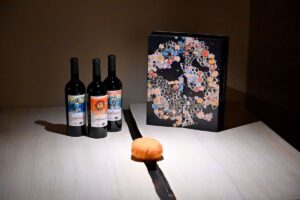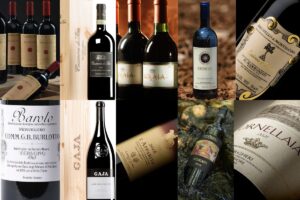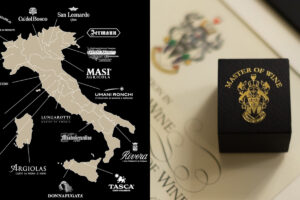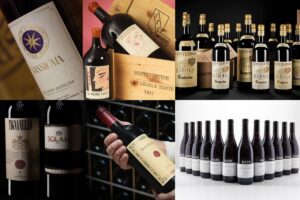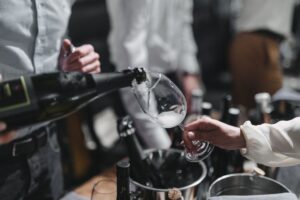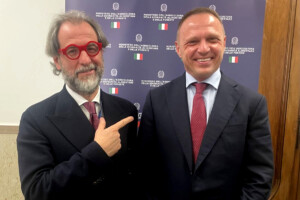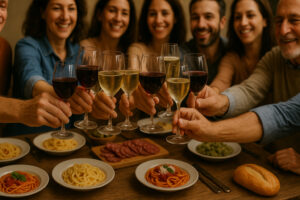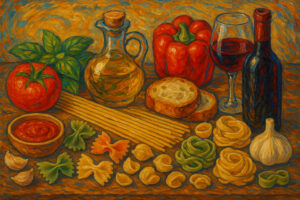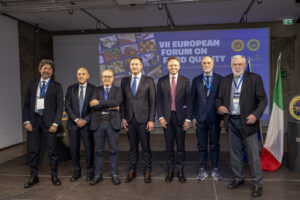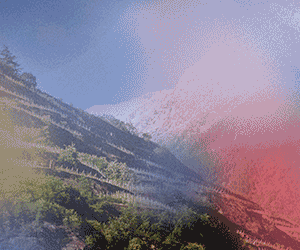Alcohol-free wine is not the enemy of wine; it can coexist alongside its “noble father”, just as decaffeinated coffee coexists with traditional coffee, for example. Not only that, alcohol-free wine, as shown by figures from a global market worth $2.4 billion, with growth prospects of up to $3.3 billion by 2028, can represent a market opportunity for wine companies, offering an additional business channel to that of traditional wine and capturing market share, starting with younger consumers, who are currently turning away from traditional wine. These are the basic considerations that emerged from the talk “Alcohol-free wine: challenge, opportunity, or risk?”, held as part of the “Abruzzo in Bolla” event in L’Aquila, organized by “Virtù Quotidiane” and sponsored by the Consorzio di tutela dei Vini d’Abruzzo (Consortium for the Protection of Abruzzo Wines). The meeting, moderated by journalist Serena Di Leo, was attended by Marzia Varvaglione, president of Ceev-Comité Européen des Entreprises Vins, sommelier and producer Gianni Sinesi, Silvio Ariani, director of Tenuta J.Hofstätter, Carlo Di Campli Finore (Cantina Eredi Legonziano), and Fabio Babetto, head of the Agricultural Office at Banco Desio. For the South Tyrolean winery J. Hofstätter, which has been producing alcohol-free wines for five years, “alcohol-free wine is not ruining wine, but rather helping it”, emphasized director Silvio Ariani. “It is by no means an antagonist to wine. It is drunk on different occasions than wine, it is an additional beverage”. “So”, continued Ariani, “today we can capture a slice of the market that is on the side, not in front of wine. We started producing alcohol-free wines five years ago, as there was already a very strong trend in the European market, especially in Germany. We produce alcohol-free wine in Germany because, until the recent decree that changed the situation, there were restrictions in Italy that made it virtually impossible to produce it. So we produced it in Germany and marketed it in Italy. Sales have grown by double digits every year, peaking in 2024. The Abruzzo winery Eredi Lagonziano does not yet producealcohol-free wines, but “considering that alcohol-free wine has, as we have seen, its own market share”, Carlo Di Campli Finore pointed out, “every company must try to get its share in some way. We are at a stage where this needs to be taken into consideration, even if I obviously don’t think we should talk about alcohol-free Montepulciano”. “Alcohol-free wines open up a whole new way of drinking”, observed CEEV President Marzia Varvaglione, “broadening horizons and attracting a younger audience. There is, therefore, a whole issue of new generations that must be taken into account and intercepted before they change direction completely”. Varvaglione also pointed out that the approval of the fiscal decree-law of June 12th broke the deadlock on alcohol-free wines, which risked continuing until 2026. “Now”, Varvaglione emphasized, “the Ministries of Economy and Agriculture will be able to start working immediately on the interministerial decree that will define the conditions and tax authorizations relating to the production of dealcoholized wines in Italy as well”. The world of credit is also looking with interest at alcohol-free wines. As Fabio Babetto, head of the Agricultural Office of Banco Desio, pointed out, “we also believe that alcohol-free wine is not a competitor to wine, but a present and, above all, future channel for diversifying the activities of agricultural businesses to broaden their revenue spectrum”. Considering that the new decree on the production of alcohol-free wines prohibits the dealcoholization of PDO and PGI wines, the speakers at the “Abruzzo in Bolla” talk were asked whether it would be appropriate to give the green light to wines with a designation of origin in the future. “If these developments happen, so much the better”, said Silvio Ariani, director of J. Hofstatter, “but at the moment, I see alcohol-free wine as more of a beverage”. “Speaking of appellations”, commented CEEV President Marzia Varvaglione, “in my opinion, there are wines and wines: thinking of a non-alcoholic Barolo or Brunello di Montalcino, I must say, I get shivers. Thinking instead of a non-alcoholic Prosecco, on the other hand, could probably be useful to everyone. Everything in its own time, but we need to give everything its due weight and it is worth investing in some things rather than others. At the moment, everything is still in flux on these issues in Europe, but the approach is one of maximum openness and clarity towards the consumer”. For sommelier and producer Gianni Sinesi, “there are many wines in Italy called DOC, DOCG, IGP, and so on, but that doesn’t necessarily mean they are always synonymous with quality. What interests me, whether it’s alcohol-free or alcoholic, is the taste and, of course, the functionality of things. Create an alcohol-free wine list? Maybe we’ll work on it, but obviously only to lighten the alcohol content of the pairing designed for the table”. The debate remains open.
Copyright © 2000/2025
Contatti: info@winenews.it
Seguici anche su Twitter: @WineNewsIt
Seguici anche su Facebook: @winenewsit
Questo articolo è tratto dall'archivio di WineNews - Tutti i diritti riservati - Copyright © 2000/2025










